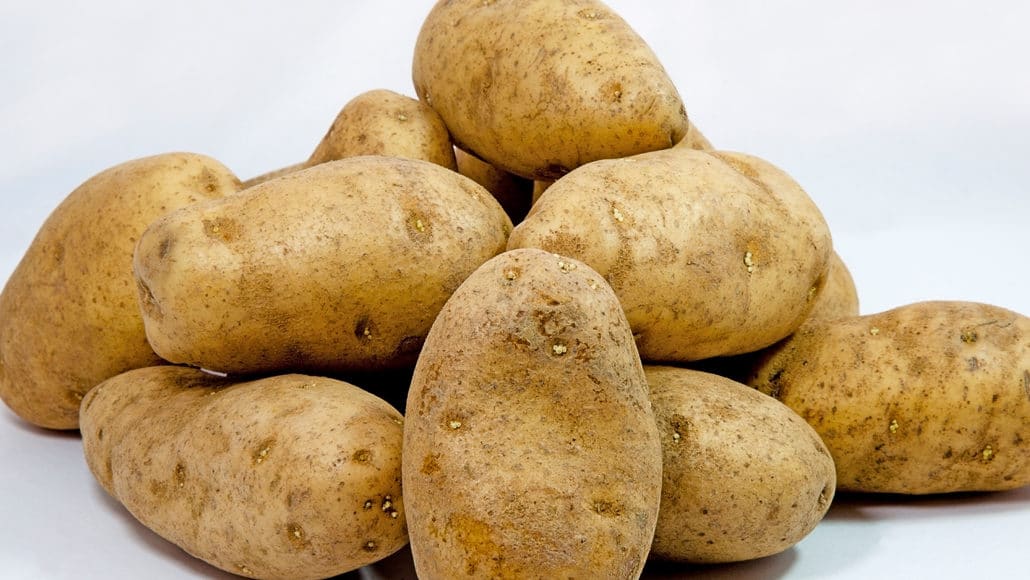If the P.E.I. Watershed Alliance has its way, the province’s most grown potato may eventually be a spud of the past.
P.E.I.’s provincial environment department has been hearing submissions on what a new provincial Water Act should look like. In its presentation to the department, the Watershed Alliance targets Russet Burbank potatoes.
“If we are going to continue to grow potatoes on P.E.I. we need to look at varieties other than Russet Burbank that can be harvested earlier and that don’t require as much fertilizer,” the submission reads.
At first glance, that appears to be a tough sell on the Island. According to the Prince Edward Island Potato Board, Russet Burbank potatoes make up about a third of the Island’s potato market and are easily the most sought after for processors and restaurants looking for quality french fries.
Hamilton, P.E.I., grower John Ramsay knows all about it. He sells processing potatoes — about 70 per cent of them Russet Burbanks — to McCain and Cavendish Farms.
“It’s the long term storability of (Russet Burbank potatoes), it’s that they maintain colour and good quality through the summer seasons, which the processors need to fill their summer business,” said Ramsay. “They fry so that they will stand up in their little boxes nice and straight with good gravity, and they have a very appealing taste.”
Ramsay, who serves as vice-chair of the potato board’s processing committee, said despite the appeal of Russet Burbanks, processors and growers have started moving away from them in an effort to use less fertilizer.
“We are probably 35 per cent less Burbank acreage now than we were in 2008,” said Ramsay. “It’s a long progress, but we are surely and slowly moving away from Russet Burbanks and moving into other varieties.”
Ramsay said processors and private breeders are regularly experimenting with new varieties — some of which are already being grown on the Island. He said 20 per cent of the potatoes he sells to Cavendish are the Prospect variety.
“The Prospect is much less hungry for nitrates. It uses probably 20 per cent less nitrogen, and that’s an appealing feature for sure,” he said. Nitrate is the product of nitrogen fertilizers.
That said, Ramsay doesn’t think Russet Burbank spuds will be phased out altogether, at least not any time soon. He said growers are finding ways to lessen their environmental footprint.
“We are figuring out better ways to minimize the nitrate use on Russet Burbanks,” he said. “And I think we’re clear right now we can reduce by 10 per cent and not affect the yield.”
To learn more, visit CBC News.











